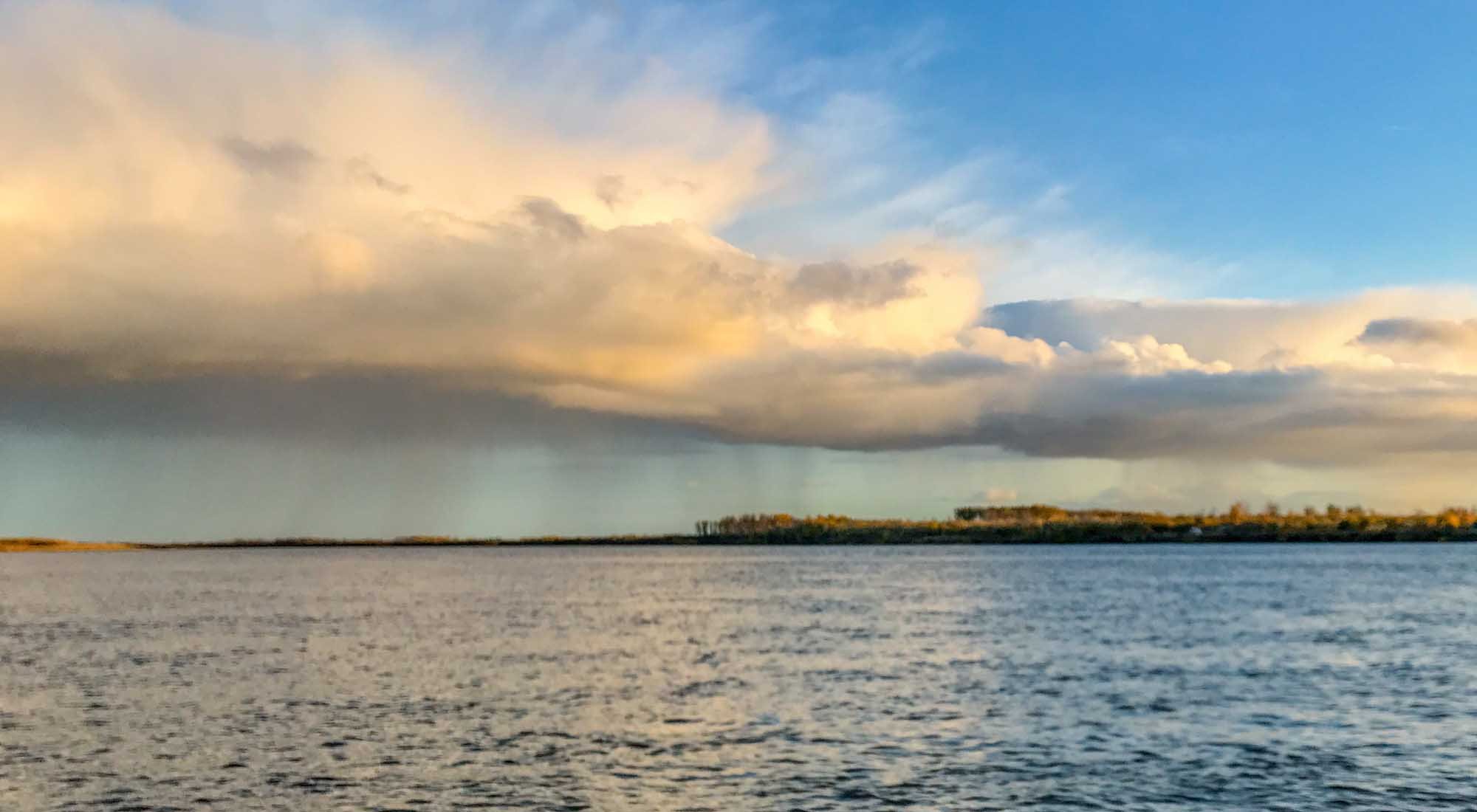
Partner Communities
Climate Adaptation Strategies
The Alaska Climate Justice Program works with Alaska Native Tribal communities across western Alaska that are being severely impacted by the environmental changes brought on by climate change. These impacts threaten the lives and livelihoods of the communities’ members, forcing the communities to make difficult decisions about their futures and how to adapt to best protect the health and safety of their residents.
The topography of each community influences the type of climate-change induced environmental risks the community will face and which of the three widely-accepted climate adaptation strategies – protect-in-place, managed retreat, or community-wide relocation – will provide long-term protection.
-
Protect-in place adaptation involves protecting against climate threats without removing or relocating infrastructure in a community. This adaptation strategy is generally the starting point for communities. An example of a protect-in-place strategy is the construction of a rock revetment to prevent riverbank erosion and reduce flooding.
-
Managed retreat climate adaptation is adopted by communities that need to strategically relocate some infrastructure (such as homes) that is at risk from erosion or flooding away from shorelines or riverbanks, while the rest of the community can remain in place.
-
Community-driven relocation, the most challenging and extreme adaptation strategy, is adopted when the entire community is at imminent risk and all people, homes, and infrastructure need to be moved to a completely new area. Community-wide relocation may occur, for example, when a community is built on permafrost that is thawing and causing the homes and infrastructure to sink into water-inundated land that is no longer perennially frozen solid ground.











